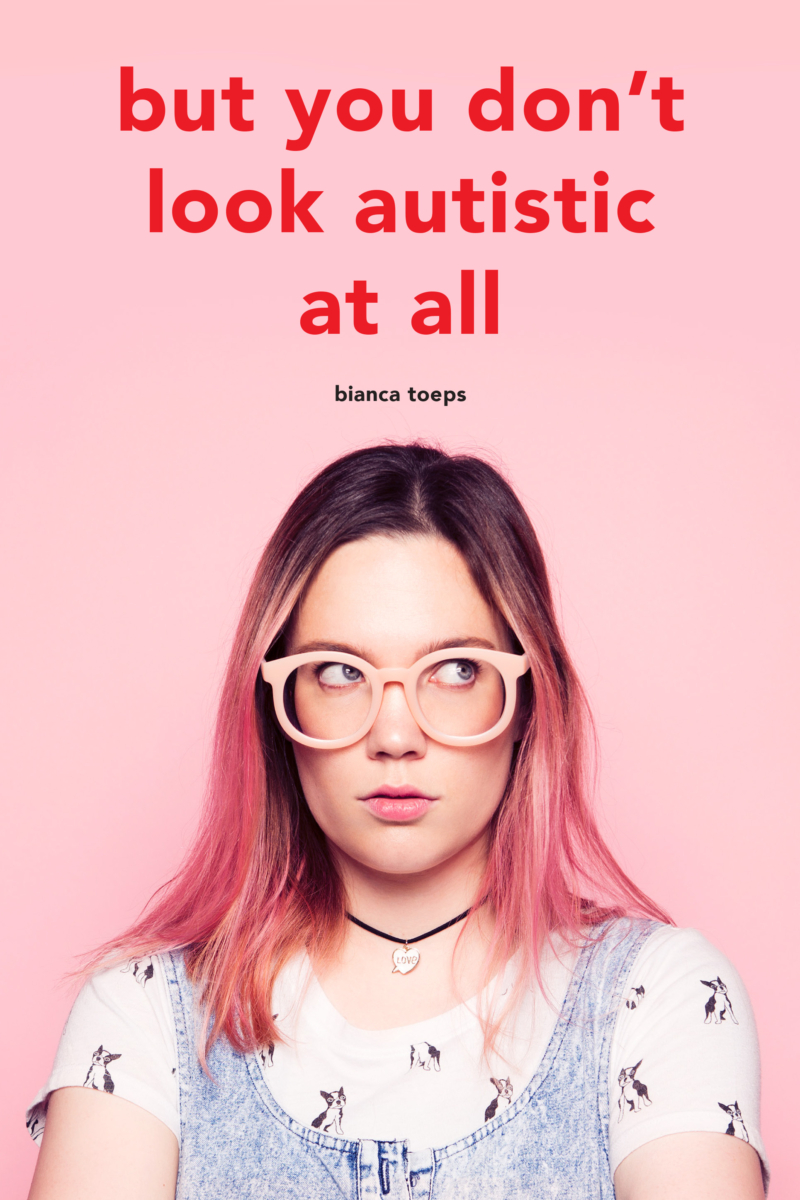- People ask if you are not just gifted, highly sensitive, an Indigo child or an old soul. In any case, not autistic. Why not? Because their stereotypical image of autism does not match what they see in front of them.
- Building a complicated website, getting to the bottom of complex subject matter or traveling halfway around the world to visit your favorite Disney park? No problemo. But someone asking you to take out the trash or cook dinner? That can suddenly lead to major roadblocks – and misunderstanding, because if you can do all of the aforementioned, aren’t you just lazy? (Answer: No. Although of course there are lazy autistic people, such blockages are usually due to problems with your executive functions).
- Your travel kit includes headphones, earplugs, sunglasses, a cap, something to fidget with and a collection of extra low stimuli clothing. And even then, you’ll suffer sensory overload.
- Looking directly into people’s eyes hurts your brain, but because you don’t want to be seen as lying or untrustworthy, you force yourself to look at noses and eyebrows. “Look me in the eye!” was the soundtrack of your childhood.
- You don’t understand why people lie so much. Or well, you get it, but you still don’t fully understand it. Most people just beat around the bush about everything, and then you have to guess what they mean. Conversely, you insult non-autistics at every turn. Whoever asks you something (“What do you think of my new haircut?”) can expect an honest answer, but that’s not always appreciated.
- You’re the only one in the room who is going totally insane because of ThE nOiSE!!1! (From a refrigerator, ticking clock, ventilation system or charger, for example.) The rest of the group has no idea what you’re talking about.
- You don’t understand what people like about lively cafes and bars. As soon as two or more people in the room are talking, you’re no longer able to follow the conversation.
- You can get totally swept up in your special interest and enjoy it intensely. The fact that your conversation partner may be slightly less enthusiastic about a forty-minute dissertation on Star Wars sometimes escapes you a bit.
- You have become so good at masking that people tell you that you don’t look autistic at all. Of course, they don’t see the days when you’re just lying in bed, completely exhausted.

This article was initially written for Flow Magazine. They asked me: What do you struggle with when you have autism?
Autism means that your brain processes stimuli differently. Some things are more difficult for me, like filtering information or communicating with the largely non-autistic outside world. It’s like everyone else’s brain runs on Windows and mine runs on Linux.
When I was diagnosed at 26, I was finally able to look up the right manual. Yet I felt that many of these “manuals” were outdated, and that there were still many preconceptions that were not true. For example, there are still people who think autistic people have no empathy. Wrong! I wrote my own manual, But You Don’t Look Autistic at All. It has since sold more than 35.000 copies.
Whoa, so oldschool! An RSS feed!
Save this link in your RSS reader and follow my blog however you want it – chronological, in your mailbox, in your browser... Yes, the past is here!
https://www.toeps.nl/blog-en/feed/





